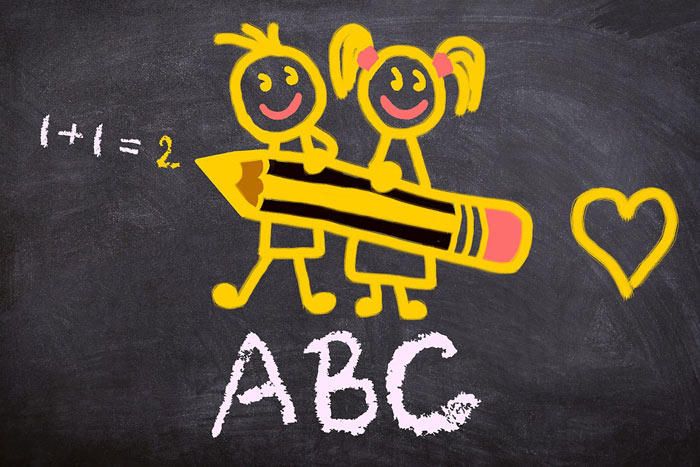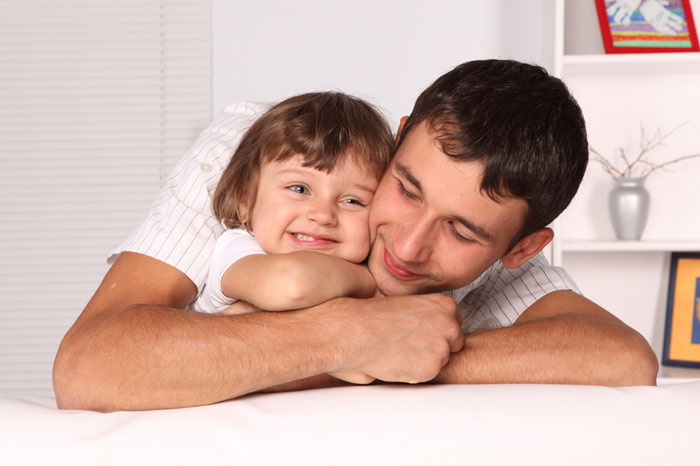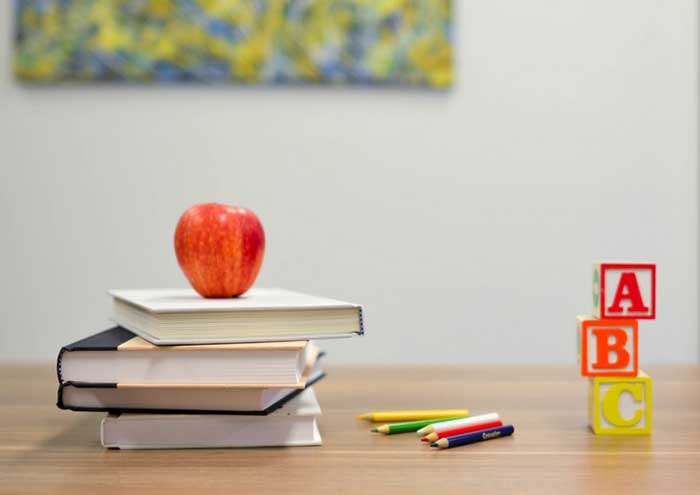How to Make the Transition to Preschool Easier?
How to prepare your child for an easy transition to preschool and parting with mom and help cope with separation anxiety? The first day, week, month in kindergarten can be a difficult period for both the child and you. The kid wants to stay with you, he/she is afraid that you will not take him/her back home, unfamiliar adults and children frighten him. You, too, are anxious, scared to tears, and feel sorry for the little baby that is left without you for the first time. In psychology, there is a special term for this completely natural state – “separation anxiety”, that is, the fear of separation from the closest human.
If your child is about to go to kindergarten for the first time and starts to worry about it, you can now take steps that will help reduce the degree of anxiety in the kid and, therefore, in you.
1. Get to know the kindergarten in advance
Uncertainty is frightening, but if the child imagines what his kindergarten, his group, his teacher look like, it will become a little easier for him – and the future will be more definite and less scary. Therefore, try to familiarize the child in advance with the place where he will spend a lot of time, and the people with whom he will communicate there. Of course, it is not so easy to do during the pandemic, but what if you can manage? In this sense, it works well to attend developmental groups in the same kindergarten where the child will later go.
You can discuss with your child the route along which you will later go to kindergarten, and “try it out” so that he can clearly imagine what everything will be like on his first day. You can walk near the kindergarten every day so that the child sees how other children walk and play.
It is also good to show the child how parents pick up their children from the kindergarten in the evening.
You can discuss what the child will wear in kindergarten, what he will take with him – and go shopping together. In a word, everything that can shed light on his life in kindergarten will help and reduce the level of anxiety in the child.
2. Tell the child what will happen
Tell your child in as much detail as possible about what awaits him in kindergarten, about the daily routine, activities, walks, friends, and so on. Certainty, having a plan, a life schedule is very important for children. Even if you don’t know everything, at least tell the child about what you know for sure.
3. Control yourself
Children largely view the world through the prism of parental emotions, so when parents are stressed, children also experience stress. Therefore, before helping your child cope with separation anxiety, try to deal with it yourself and never share your fears with the child.
4. Don’t give way to anxiety
When the adaptation to kindergarten has already begun, try to resist your anxiety and the child’s unwillingness to part with you. The first day in kindergarten can pass more or less normally, but you will encounter a real attack of separation anxiety on the second, third, fourth day, and beyond. It will be really difficult, and you need to be ready for this.
But if unable to bear the tears and tantrums, you leave the child at home one of these days, most likely it will be even more difficult later.
Therefore, listen to the child, discuss his feelings with him, and say that you fully understand him. But, no matter how hard it is, “stick to your line of behavior”, remain calm and firm.
Together with the child, you can come up with some ways that will help him personally cope with separation anxiety.
Rituals can be of great help. For example, every time before saying goodbye, you can give your kid a short hug, tell him that you love him and will come back after him at a certain time, for example, after lunch. Then quickly leave without turning around.
A child can take to the kindergarten some kind of toy or thing that will be his personal assistant and protector, helping to survive the separation and wait for his mother. Gradually, the child will learn to react more calmly to parting – and adaptation to the kindergarten will be faster and easier.
5. Consult a specialist if necessary
In some children, separation anxiety develops into an anxiety disorder, and then you need to see a specialist. This should be done if the upcoming visit to a kindergarten causes such a strong rejection in the child that he has physiological symptoms – nausea, vomiting, abdominal pain, headache, or fever.
The child may begin to suffer from insomnia, trouble falling asleep, and nightmares. In such cases, you will probably have to temporarily refuse to visit the kindergarten. But sooner or later, the child will still have to learn to part with his parents.



